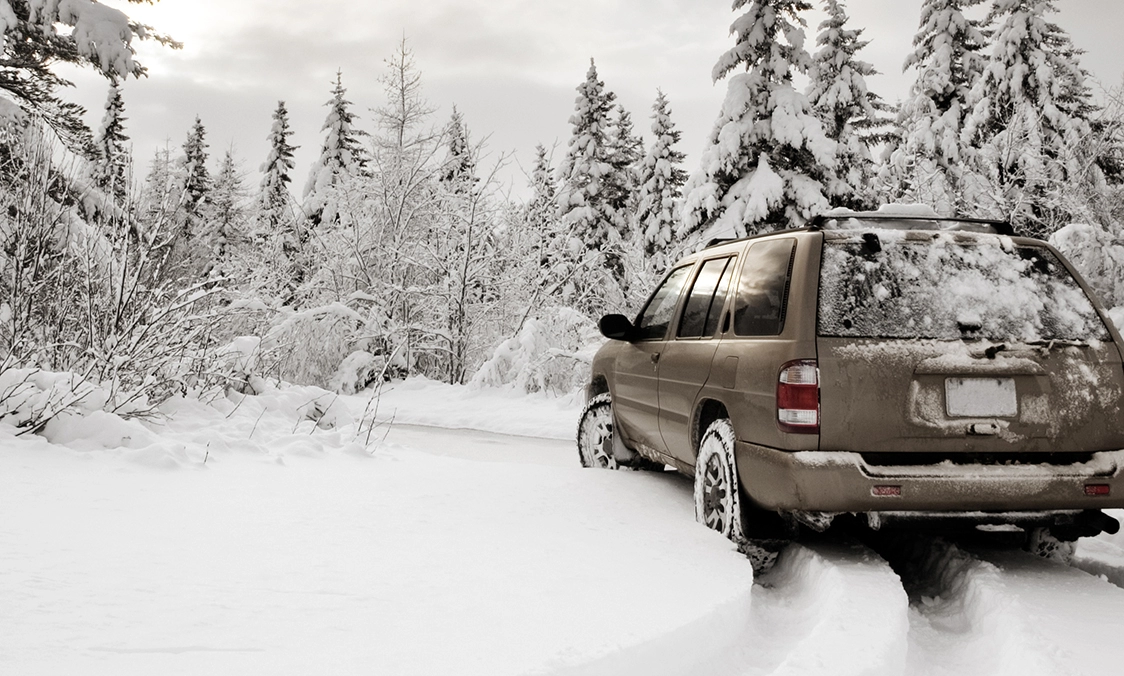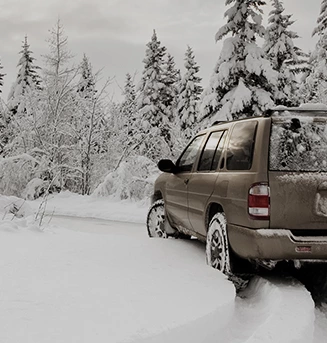When Metal Meets Metal (Wheel Bearings)
December 4, 2022
What part of your vehicle has little metal balls inside that are lubricated and allow you to cruise on down the road? They are wheel bearings, and automotive designers might argue they are human beings' second greatest invention of all time (the first is, of course, the wheel!).
You have a wheel bearing at each wheel. They allow your wheels to turn freely, minimizing friction that would ordinarily slow you down when metal meets metal. When one of your wheel bearings starts to go bad, it lets you know. A wheel bearing does its work quietly when it's in good health but starts getting noisy when it isn't. People describe the noise differently. Sometimes it sounds like road noise, a pulsating, rhythmic, sound. That pulse speeds up when your vehicle speeds up.
Here's what's happening when you hear that sound. As mentioned, the bearing has these little metal balls inside a ring. They have a lubricant inside to reduce friction between the balls; modern wheel bearings are sealed and they're intended to do their job without any maintenance.
Wheel bearings take a beating; you hit some rough potholes or go over some uneven railroad tracks. Sometimes water can get into a bearing and reduce the ability of the lubricant to do its job. Time starts to take its toll, too. When the lubricant isn't reducing friction like it should, the bearing can heat up. One of those little balls can start shedding pieces of metal and soon those shards start grinding up the other balls. Friction takes over and soon your wheel isn't turning smoothly. That's what's causing the sound. If a wheel bearing is not fixed, it could eventually seize up completely, and you can be stranded.
It's a lot easier if you heed the early warning signals, that pulsating noise. Now, sometimes a similar noise can be caused by a bad tire, but in either case, it's important to have it checked out. Our Kwik Kar Saginaw technicians will be able to tell you fairly quickly what the problem is and offer a solution.
Wheel bearings generally don't fail often and usually last from 85,000-100,000 miles/140,000km to 160,000km. But consider them a long-term maintenance item that, once fixed, will keep you heading smoothly to the next destination.
Kwik Kar Saginaw
1216 S. Blue Mound Rd.
Saginaw, TX 76131
817-231-1700
http://www.kwikkarsaginaw.com
Need Service?
More articles from Kwik Kar Saginaw

Cabin Air Filter and Engine Air Filter: What?s the Difference?
February 1, 2026
You may have heard someone say they just got the air filter replaced in their vehicle. But did you know your vehicle has two different major air filters and they both perform quite differentbut very importantduties? Todays vehicles have a cabin air filter, and an engine air filter. The engine a... More

Breathe New Life into Your Engine (MAF sensor replacement)
January 25, 2026
If youve noticed your vehicle is hard to start, stalling, or has lost power, the culprit may be a part with an odd name: the MAF sensor. You may have never even heard of a MAF sensor, but its important that it be working correctly, or you may be experiencing some fairly significant engine issues... More

Wasteful Thinking
January 18, 2026
With the weather getting colder, you might be tempted to start your vehicle up, let it idle for 15 or 20 minutes and then get in the nice, cozy cabin. Some vehicles offer remote starting that let you do that from the comfort of your home or apartment. But is letting your vehicle idle like that ... More










